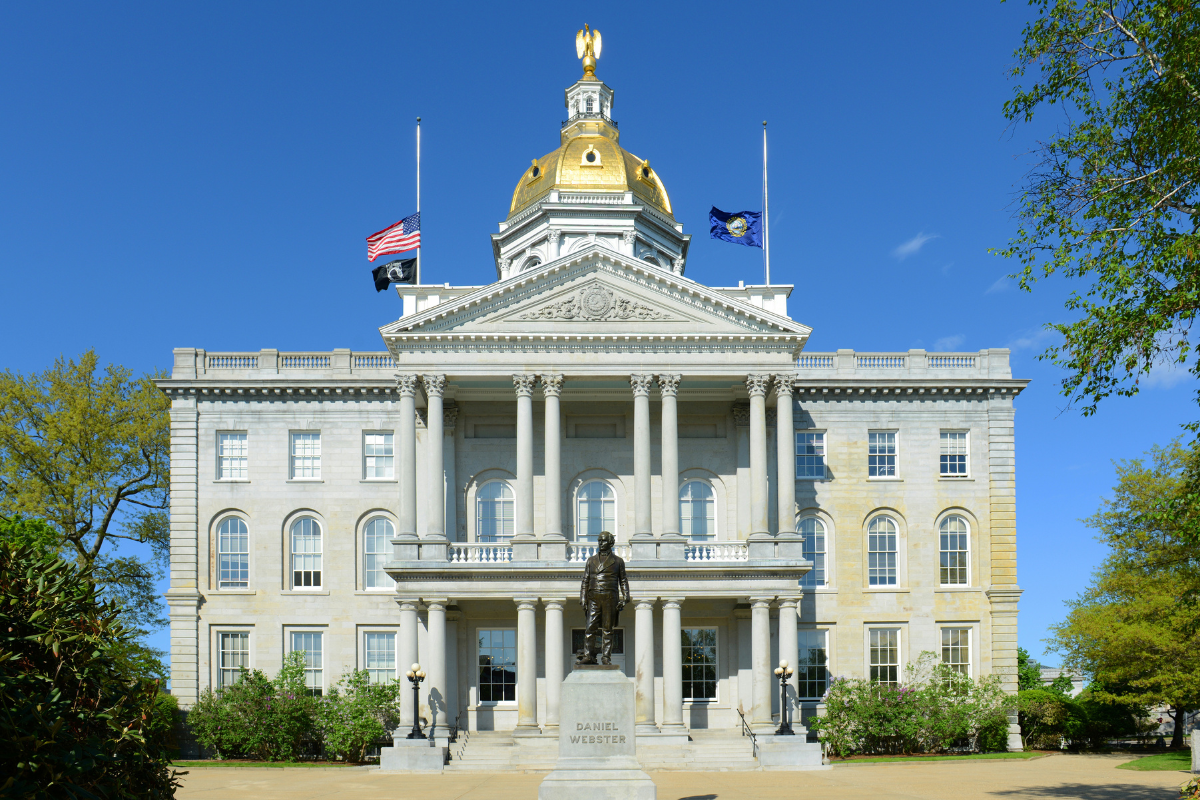
New Hampshire’s legislature passed a bill that prohibits larger generators of food scraps from sending the organic material to disposal, with some exceptions. | Wangkun Jia/Shutterstock
New Hampshire lawmakers slipped a food waste disposal ban into a state budget bill, which was signed into law in June.
The state funding bill, HB2 also includes language prohibiting large generators of food waste from disposing of the organic materials in landfills or incinerators starting Feb. 1, 2025. The restriction applies to those generating 1 ton or more per week.
The ban has certain exceptions. It only applies if the generator is within 20 miles of an organics management facility with the capacity to take the material. Permissible organics management facilities include those that donate edible food, use food as animal feed, or perform composting or anaerobic digestion.
The Northeast Recycling Council (NERC) noted that affected entities are likely to include supermarkets; food manufacturers, processors and distributors; hotels and resorts; hospitals, colleges and universities; and prisons.
The organics diversion language was included in the budget bill after a prior bill that included only the food scraps ban, HB 300-FN, failed to advance.
Gov. Chris Sununu signed HB2 on June 20.

